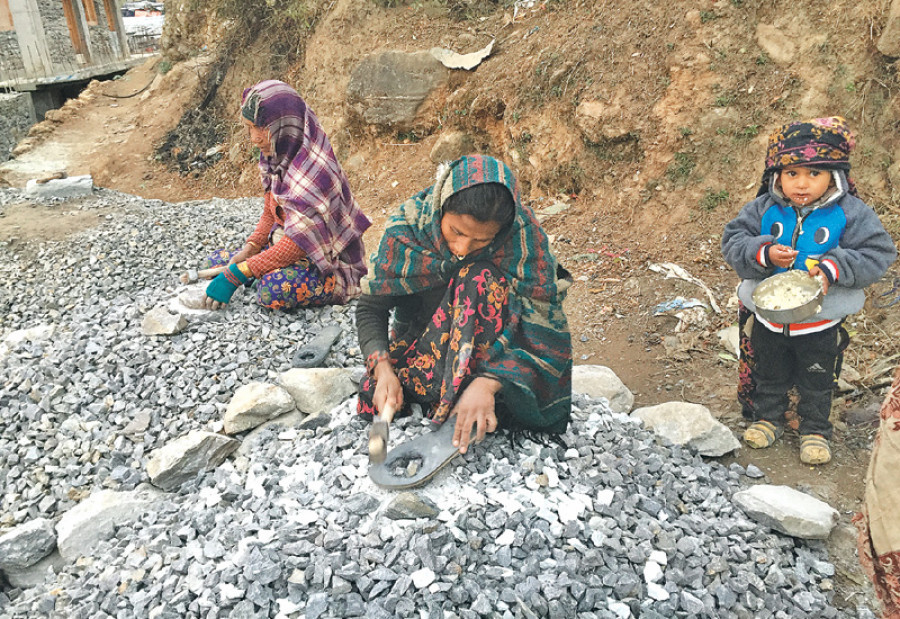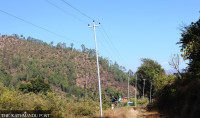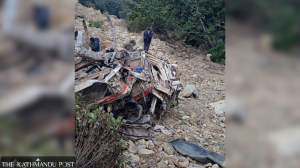Karnali Province
Haliyas declared free on paper but their plight remains same
The former bonded labourers say the state has done little for their rehabilitation.
Jyotee Katuwal
Janku Chaudhary, a former Haliya (bonded labourer) in Birendranagar Municipality, is still staying with his landowner, 13 years since the government declared the emancipation of Haliyas in 2008.
Janku still ploughs the fields of his former landowner to eke out a living since he has nowhere to go and no land of his own. This is the reality faced by countless other former Haliyas in the westerm region since the government has not done much to rehabilitate them back to society.
“After the liberation, we don’t have to work for the landlords anymore but we have been facing difficulties to manage two square meals a day. Freedom has been declared only in papers. The government has done nothing to address our problems,” said Shanti Chaudhary, a former Haliya and a neighbor of Janku.
According to him, even the houses built by the government for former Haliya families under the People's Housing Programme are too small and can’t accommodate large families.
“We can’t find work. Landowners do not wish to provide work to us. We have to struggle to manage food for our families,” said Shanti.
For some former Haliyas, working for their landlords was easier than having to make a living on their own.
“I could easily feed my family when I used to plough the fields of my former landlord. Now I can barely manage food and shelter for my family,” said Amrita BK, a freed Haliya from Jajarkot. “Despite the liberation, we still have to work as a labourer. The government has not addressed our problems and we have no other option but to frequent non-governmental organisations for help.”
According to Amrita, only 201 freed Haliyas of a total of 441 in Jajarkot district have received their identity cards. But the identity card is of no use, he said.
A total of 2,008 Haliyas have been freed in Karnali Province. Of them, only 382 have received the ‘A grade’ identity card, according to Parbat Sunar, the central general secretary of the Freed Haliya Society.
“Only declaring the Haliyas free is not enough. We could be self-dependent if we were provided with skill training,” said Sunar.
According to Dipendra Rokaya, a member of the Karnali Province Planning Commission, the government has declared the Haliyas free but has not worked for their welfare as it had announced earlier. He added that 29 percent of freed Haliyas in Karnali are from Dalit and Tharu communities.
The provincial government, however, claims that the government has plans to identify the freed Haliyas and support them.
“A special plan has been included in the government’s policy and programme to address the issues of freed Haliyas in the province,” said Bimala KC, the provincial minister for Land Management, Agriculture and Cooperatives. “The programme will be launched in all 10 districts of the province after the formation of a task force.”




 13.12°C Kathmandu
13.12°C Kathmandu












